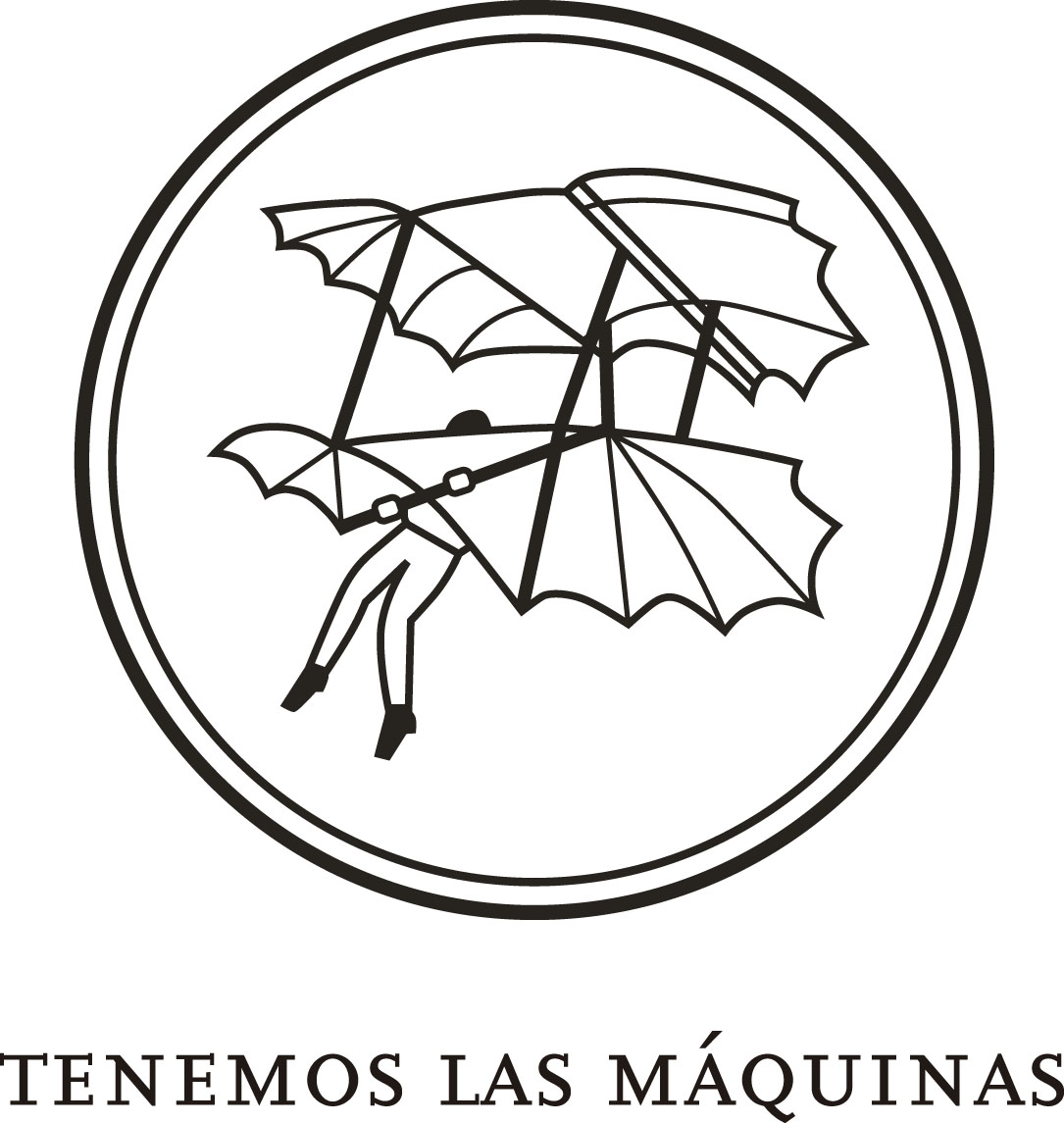![]() Magalí Etchebarne
Magalí Etchebarne
![]() Tenemos las Máquinas
Tenemos las Máquinas
![]() Argentina
Argentina
![]() Short story
Short story
 These are stories about wise women. Events unfold, in an exquisite and poetic way, culminating in a passage of particular illumination: the precise moment to learn something important. A girl, for instance, is spending her honeymoon with her new husband in the mountains. Disaster appears to be on the verge of erupting between the two. One afternoon she finds herself barefoot, facing a scorpion. The girl manages to get her problematic husband to attempt to capture the animal that threatens their lives but, in doing so, they must turn the house upside down.
These are stories about wise women. Events unfold, in an exquisite and poetic way, culminating in a passage of particular illumination: the precise moment to learn something important. A girl, for instance, is spending her honeymoon with her new husband in the mountains. Disaster appears to be on the verge of erupting between the two. One afternoon she finds herself barefoot, facing a scorpion. The girl manages to get her problematic husband to attempt to capture the animal that threatens their lives but, in doing so, they must turn the house upside down.
Not only are we witnessing a moment in which an experience becomes fixed, we also see how that experience is passed down and validated: “A man, my mother once said to me, is a small animal that looks huge.”
With a rare maturity at thirty, in the style of Clarice Lispector, Lorrie Moore and Grace Paley, these stories open up spaces for exploration. Life is given a hard look, but with no sense of urgency. The stories have a quiet pace that towards the end combines with the impact of a discovery. Reading them produces the intense pleasure of a contained and latent outburst.Undoubtedly, Magalí Etchebarne's first book is the best possible beginning for an author. It is also the book that we all hope to write some day.
ISBN 978-987-3633-16-4
Magalí Etchebarne is born in Buenos Aires, in 1983. After studying literature in University of Buenos Aires, she works as an editor at Penguin Random House. She has published short stories in literary reviews and in the anthologies Historias de mujeres infieles (Emecé, 2008), El amor y otros cuentos (Mondadori, 2011), El tiempo fue hecho para ser desperdiciado (El perro negro, Chile, 2012). Los mejores días is her first book.
Estos son cuentos sobre mujeres sabias. Ciertos eventos se desencadenan, de manera exquisita y poética, hasta llegar a un pasaje que es una iluminación: el momento preciso de aprender algo importante. Una chica, por ejemplo, pasa su primera luna de miel con el novio, en las sierras. Todo parece a punto de naufragar entre los dos. Una tarde ella se encuentra descalza frente a frente con un escorpión. La chica logra que su problemático novio haga un intento por capturar al animal que amenaza sus vidas pero, para hacerlo,
deben dar vuelta la casa.
No sólo presenciamos aquí el momento en que una experiencia se fija, también leemos cómo esa experiencia se transmite y se constata: “Un hombre, me dijo una vez mi mamá, es un animal pequeño que se ve inmenso”.
Con la rara madurez de los treinta años, a la manera de Clarice Lispector, Lorrie Moore o Grace Paley, estos cuentos son un espacio de indagación. La vida se mira de frente pero sin urgencia. Hay un ritmo tranquilo que hacia el final se combina con el impacto de un descubrimiento. Por eso leerlos nos provoca el intenso placer de un desborde contenido y latente.
Sin duda, este primer libro de Magalí Etchebarne es el mejor comienzo posible para una obra. También es el libro que todos desearíamos escribir algún día.
Magalí Etchebarne nació en Buenos Aires, en 1983. Estudió Letras en la UBA y trabaja como editora en Penguin Random House. Publicó relatos en revistas literarias y en las antologías Historias de mujeres infieles (Emecé, 2008), El amor y otros cuentos (Mondadori, 2011), El tiempo fue hecho para ser desperdiciado (El perro negro, Chile, 2012). Los mejores días es su primer libro.

